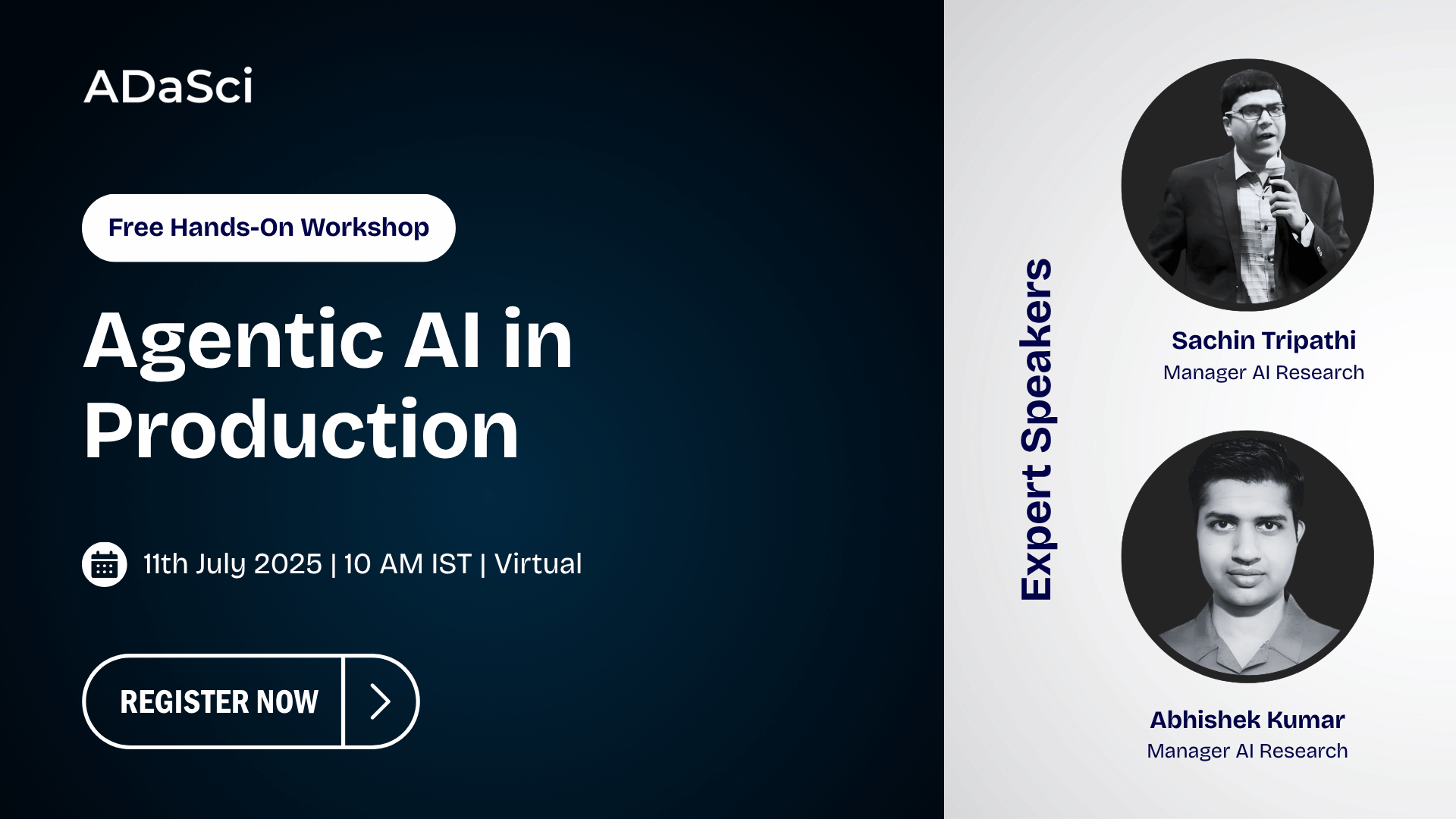Deep Learning in Social Media Recommendation Systems: Insights from Pinterest’s Senior ML Engineer

Explore more from ADaSci
In an era where data drives decisions, recommendation systems have become the cornerstone of user engagement on social media platforms, e-commerce sites, and streaming services. A recent video lecture by Aayush Mudgal, Senior ML Engineer at Pinterest, offers a deep dive into the transformative role of deep learning in recommendation systems. Hosted as part of the AI Forum for India, this comprehensive talk sheds light on the evolution, challenges, and future of this critical technology.
The Evolution of Recommendation Systems
The lecture kicks off with Aayush Mudgal discussing the historical evolution of recommendation systems. Initially dominated by rule-based algorithms, these systems have come a long way, incorporating machine learning models like logistic regression and gradient-boosted decision trees. However, these traditional approaches have limitations, particularly in scalability and feature representation.
The Advent of Deep Learning
Deep learning has been a game-changer in the realm of recommendation systems. Mudgal emphasizes the utility of advanced models such as neural collaborative filtering and deep factorization machines. These deep learning algorithms offer the ability to capture intricate feature interactions and provide a more personalized user experience.
Challenges and Solutions
Implementing deep learning in recommendation systems is not without its hurdles. Mudgal outlines the challenges, such as computational complexity and data sparsity, that engineers often face. However, he also presents innovative solutions like model quantization and distillation, which can mitigate these issues without compromising on performance.
Real-world Implementation: A Case Study of Pinterest
One of the highlights of the lecture is the case study on Pinterest, where Mudgal serves as a Senior ML Engineer. He provides an insider’s perspective on the architecture, feature engineering, and the transition to GPU serving for enhanced performance and lower latency. This real-world example serves as an invaluable guide for other platforms considering the adoption of deep learning in their recommendation systems.
Monitoring and Validation
Mudgal stresses the importance of robust monitoring and validation mechanisms. Key performance indicators like revenue, engagement rates, and quality of service must be continuously monitored to fine-tune the algorithms and align the system with business objectives.
Future Directions and Ethical Considerations
The lecture concludes with a glimpse into the future of deep learning in recommendation systems. Mudgal mentions the promising potential of Transformer architectures and also touches upon the ethical dimensions, particularly concerning user privacy.
Conclusion
Aayush Mudgal’s lecture, as part of the AI Forum for India, offers a comprehensive and insightful overview of the role of deep learning in modern recommendation systems. From the evolution of these systems to real-world implementations at Pinterest, the talk is a treasure trove of information for anyone interested in this rapidly evolving field.
The future of recommendation systems is undoubtedly exciting, with deep learning poised to play an increasingly significant role. As Mudgal suggests, the field is ripe for innovation, and we can expect to see more sophisticated algorithms that not only enhance user engagement but also respect data privacy.
For those interested in diving deeper into this subject, the AI Forum for India offers a platform for discussion and collaboration. You can join the conversation on their Discord channel.
Check more such workshops here>>





